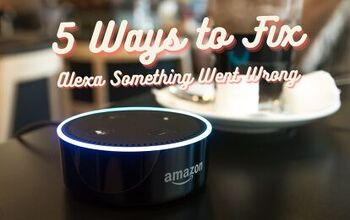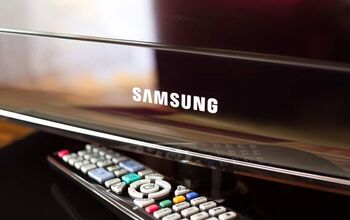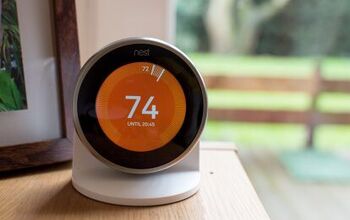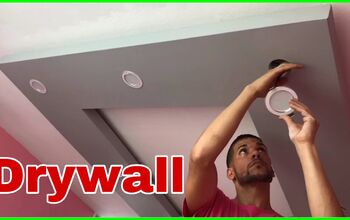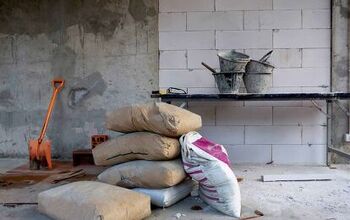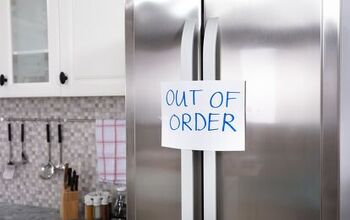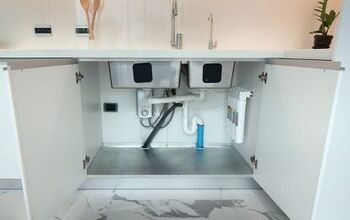How To Clean Weber Porcelain Grill Plates (Do This!)

Weber grills are exceptionally popular, with much of their reputation being gained from their ability to heat food evenly. If you’ve ever grilled on a Weber, you already know their porcelain grill plates are the reason why they conduct heat so evenly. Of course, if you own this grill, you need to know how to clean the grill plates. So, how do you clean them, anyway?
The best way to clean porcelain grill plates is to scrub them down using a grill brush. If you want to have the best results possible, Weber offers a porcelain grill plate cleaning kit that also comes with a porcelain grill plate cleaning solvent. However, you can also use a 50/50 mix of vinegar and water as a cleaning aid if need be.
Weber grills cost a pretty penny. If you want to keep your grill in ship-shape, then you need to know the ins and outs of cleaning it perfectly. We’re here to help.
Do You Need Outdoor Kitchen Installation Services?
Get free, zero-commitment quotes from pro contractors near you.

What Should You Use To Clean Weber Porcelain Grill Plates?
In order to give your grill the best possible clean, it’s best to stick to products that are recommended by the company that makes the grill. In this case, the best option is to use the grill care kit that Weber makes. It comes with scrub brushes, an exterior cleaning spray, as well as a specially-made spray for your porcelain plates.
With that said, if you cannot get a grill cleaning kit, you can make your own by getting some high-quality grill brushes and some distilled white vinegar. Mix equal parts vinegar and water, and put it in a spray bottle. If you want, you can also add a little baking soda to a bottle of water. These two mixtures can act as alternative cleaning solvents for the time being.
How Often Should You Clean Your Grill?
You should clean your grill after every time you use it, but that’s not all. If you haven’t used your grill in a month or longer, you will need to clean it before you use it. While this may seem a little like overkill, it’s important to remember that a poorly-maintained grill is a potential health hazard. Besides, it’s not good for the grill, either.
How Long Does It Take To Clean Your Grill Plates?
All in all, you shouldn’t expect your cleaning session to take too long. Most people are able to give their grill plates a thorough cleaning within a matter of 15 minutes. So if you were worried about not being able to make the cookout, don’t worry. It’s a short time—just like cleaning a flat top grill.
How Do You Clean Your Porcelain Grill Plates Correctly?
There’s scrubbing a grill plate, and then there’s giving your grill plate the full cleaning it deserves. Most people don’t realize it, but there is a technique to properly cleaning porcelain grill plates. Here’s what you need to know…
- Start by making sure you got the right type of brush. Don’t use steel wool here, since porcelain tends to be more sensitive than other materials. Use a soft bristle nylon brush instead.
- Heat up your grill. The heat will help loosen up your food particles and grease. Once it’s heated and hot to the touch, turn the grill off and let it cool down. You don’t want to get the nylon melted!
- Spray your grill plates with vinegar (or baking soda) cleaner and start scrubbing. You should be able to get your food to slough off fairly quickly. To get the best results, scrub in a diagonal pattern rather than a left-to-right or top-to-bottom pattern.
- Put on heat-proof gloves, and flip the grill plate over. Start scrubbing the other side of the grill plates too, making sure to catch any major niches that you might’ve missed the first time around.
- Apply a light coat of olive oil over your grill plates once you’re done. This helps prevent stuck food later on and preps your grill plates for your next cooking session.
Oftentimes, vinegar leaves behind an odor or taste on grill grates and may impact the taste of your food. To prevent this, turn up the heat on the grates again to help burn off any lingering vinegar.
How Do You Use Professional Grill Cleaner?
Unlike vinegar or baking soda mixtures, professional grill cleaners don’t require you to heat up the grill. Most of them just ask that you spray them on the grill plates, wait 15 to 20 minutes, then continue scrubbing. To make sure that you use the grill cleaner correctly, read the instructions on the bottle and follow them.
Every grill cleaner is going to be a little different, so it makes sense to keep an eye on instructions. Otherwise, you might end up accidentally cooking the cleaner onto your porcelain plates. That’ll make cooking ribs on your Weber a bad move.
Can You Use Bleach On Porcelain Grill Plates?
While there are a lot of substitutes that you can use to clean grill plates, bleach is not one of them. Bleach, even when diluted, is extremely caustic and will eat away at the enamel of your grill. This will corrode your plates at the very least. At worst, the bleach will sink into the grill plates and cause your food to become tainted.
Food that has been cooked on grill plates tainted with bleach is poisonous. As a result, bleaching your grill plates is never a good idea. If your grill plates are so tarnished that you’re tempted to whip out the bleach, just buy new plates. It’s not worth risking your health.
Spot Cleaning Weber Porcelain Grills
There may be some instances where you do not need to clean the entire grill rack, but just one section. To do this, you’ll need a soft-bristle brush and either soapy water or vinegar. For spot-cleaning, a toothbrush is incredibly helpful to get into smaller areas more easily than a large bristle brush.
- With soapy water, dip the toothbrush into the soapy water solution and then scrub the affected area gently. This will help loosen up and remove stuck-on food and grime in that spot.
- For the vinegar method, simply spray the affected area with white vinegar and let it sit for several minutes. Then, use the toothbrush to scrub the area.
Again, to remove the taste and smell of vinegar, crank up the heat on the grill to burn it off.
Rust Prevention
To prevent rust from forming on your Weber porcelain grill, you want to make sure that the grates are clean prior to each use. If you use a marinade while cooking, try to remove as much of the liquid as possible before you place the food on the grill. If you plan to apply BBQ sauce, wait until the final five to 10 minutes of grilling before you add it to the food.
Using too much marinade and applying BBQ sauce too early while grilling can cause the sugar to burn and form a dark color and, in some cases, and unpleasant taste. With so much excess liquid, you’ll also have to spend more time cleaning your grill and could end up chipping the porcelain in the process.
The porcelain finish on your grill is what protects the metal underneath from rust. If chips form in the porcelain, water can seep in and create rust. So, to prevent chips in the porcelain, use special care when cleaning with metal tools and avoid cleaning on hard, rough surfaces.
Long-Term Grill Plate Maintenance
One thing that you need to be aware of when you get a Weber grill is that you also have to maintain your grill plates. Regular cleanings are great, but they still need more care. This means that you will need to soak your grill plates in water three times a year. Here’s how to do a proper plate soak:
- Start by getting a large tub and filling it halfway with hot water. Add several generous squirts of your favorite dish soap, and add around a half a cup of baking soda. Mix well.
- Put the grill plates in the tub. Let them sit and soak for at least an hour. If your plates are particularly grimy, soak them for an hour and a half or longer.
- Pull the grill plates out and use a soft brush scrubber to clean them. This should give you a more thorough cleaning and also help restore the porcelain to its original shine.
- Pat the plates dry with a towel. If you need to, season your grill plates afterward using a brush dipped in olive oil.
Do You Need Outdoor Kitchen Installation Services?
Get free, zero-commitment quotes from pro contractors near you.

Related Questions
Are porcelain grill grates better than stainless steel grill plates?
If you are looking to invest in a quality grill plate, skip the stainless steel. While stainless steel is easier to clean, they are not able to last as long as porcelain. The porcelain enamel offers a protective coating that makes them more resistant to rust, high heat, and rough handling. In many ways, porcelain tends to be on the same level as cast iron.
Can I spray PAM on a grill?
PAM is one of the most popular sprayable oils on the market, and it’s also a fairly good way to get a light coat of oil on your grill. If you want to use PAM on your grill, you can. It has a heat point of 400 degrees Fahrenheit, which means that it won’t ignite or burn your grill. Relatively speaking, this makes it about the same as brushing your grill down with vegetable oil.
What is the best oil to use on a BBQ grill?
While many people swear by vegetable oil, the truth is that it’s not the best choice for a grill. According to multiple studies, the best (and most stable) oil to use on grill plates is olive oil. More specifically, it’s best to use extra virgin olive oil. This type of oil acts as one of the best protectants for grill plates and also doesn’t impact the flavor of your food in a negative way.On the other hand, if you want to know which oil to avoid, it’s avocado oil. A large percentage of avocado oil on the market is sold tainted, or even rancid. This, in turn, can negatively impact the quality of your food.
Related Articles

Ossiana Tepfenhart is an expert writer, focusing on interior design and general home tips. Writing is her life, and it's what she does best. Her interests include art and real estate investments.
More by Ossiana Tepfenhart



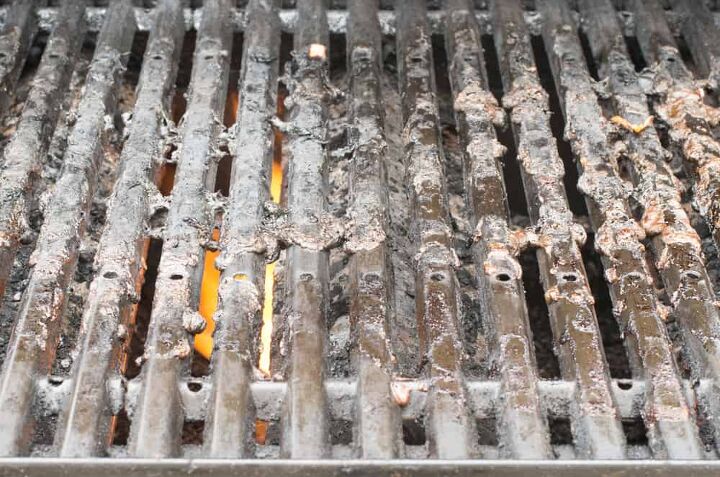
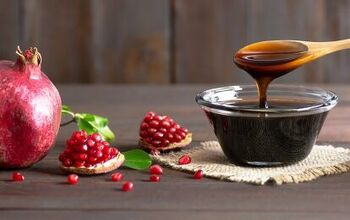





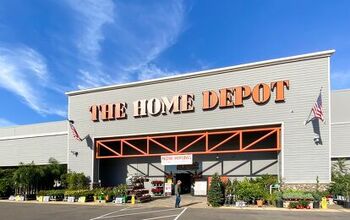

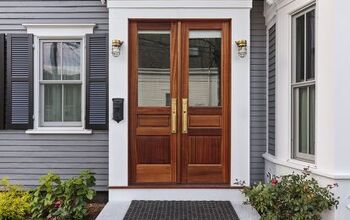
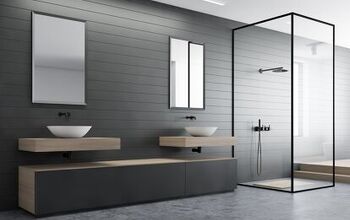
![10 Best Cordless Leaf Blowers – [2022 Reviews & Ultimate Guide]](https://cdn-fastly.upgradedhome.com/media/2023/07/31/9070789/10-best-cordless-leaf-blowers-2022-reviews-ultimate-guide.jpg?size=350x220)
